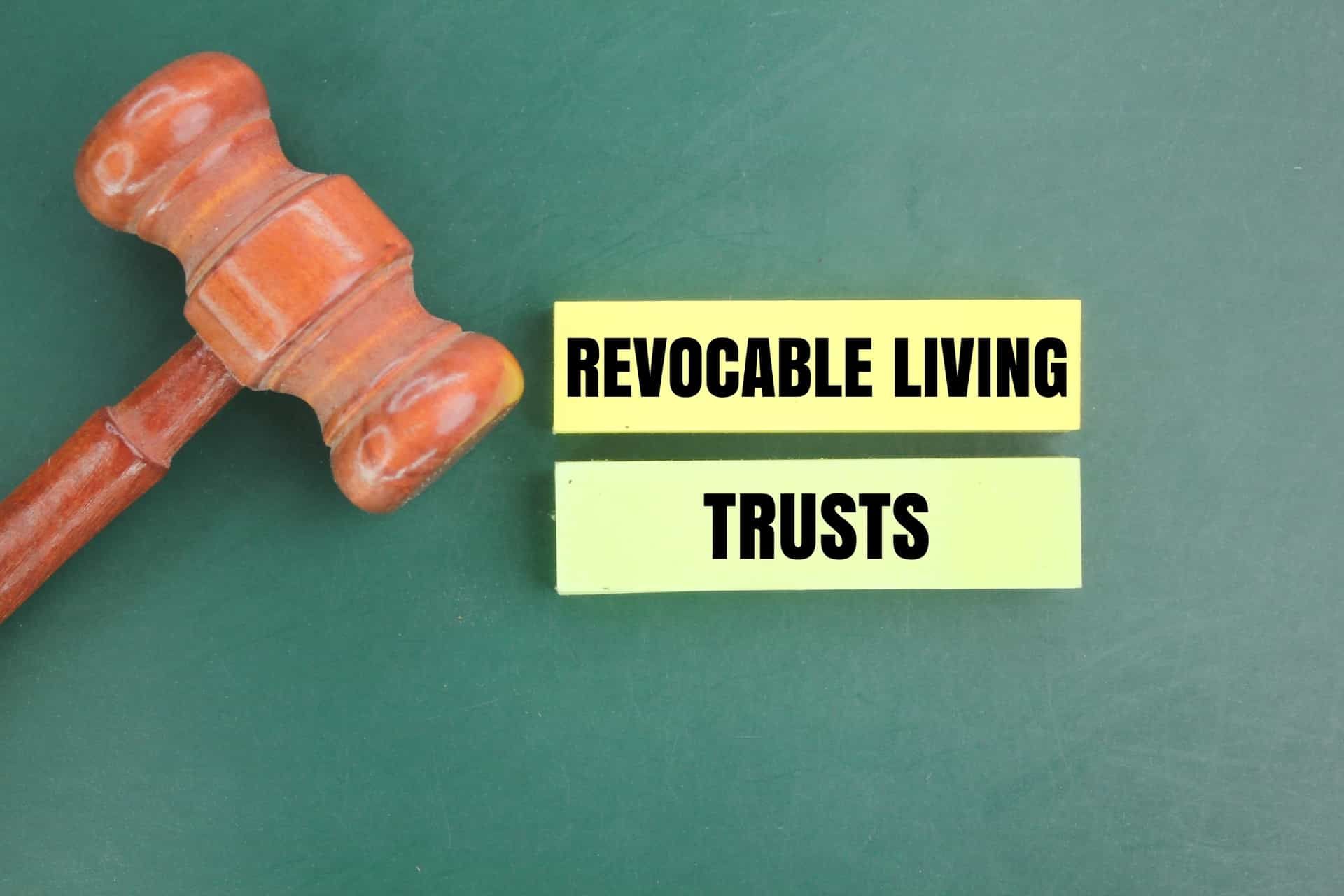What Assets Should Be Included in Your Living Trust?

Creating a living trust is a step to ensure that your assets are handled in line with your wishes and that your beneficiaries receive their share without the complications of probate. A living trust offers privacy, the ability to bypass probate, and a way to manage your assets if you cannot do so.
However, determining which assets should be included in your living trust can be overwhelming. This blog post will explore the types of assets worth considering for inclusion in your living trust to maximize its advantages.
Understanding a Living Trust
A living trust is a document established while the individual is alive, and a chosen trustee is entrusted with managing the individual's assets for the benefit of the intended beneficiary. The individual who establishes the
trust is referred to as the grantor. Living trusts can be either revocable or irrevocable, with trusts allowing changes or cancellations by the grantor during their lifetime.
Advantages of a Living Trust
Before delving into which assets to include, it's crucial to grasp the benefits of having a living trust:
- Avoiding Probate: One significant benefit of a living trust is its ability to sidestep the probate process, which can be lengthy and expensive.
- Privacy: Unlike a will, which becomes part of the record, a living trust remains confidential.
- Management during Incapacity: If the person who established the trust cannot make decisions, the trustee has the authority to oversee the trust's assets without involving the court.
- Flexibility: A revocable living trust can be modified or revoked by its creator at any point, providing flexibility in asset management.
Assets to Include in Your Living Trust
When setting up a living trust, knowing which assets should be included is essential to ensure they are handled and distributed as per your wishes. Here are some key types of assets to consider:
1. Real Estate
One of the assets that should be placed in your living trust is real estate. This may encompass your home, vacation properties, rental units, and undeveloped land. By transferring the estate into your living trust, you can bypass probate. Guarantee a seamless transfer of property ownership to your beneficiaries.
2. Bank Accounts
Incorporating bank accounts into your living trust guarantees that your beneficiaries can access your funds while undergoing probate proceedings. This covers checking accounts, savings accounts, money market funds, and certificates of deposit (CDs). Make sure to update the account names to indicate the trust's ownership.
3. Investment Accounts
Investment accounts, such as brokerage accounts, mutual funds, and other non-retirement investment accounts, should be included in your living trust. This ensures that your investments continue to be managed according to your wishes and are transferred seamlessly to your beneficiaries.
4. Retirement Accounts
While retirement accounts like IRAs and
401(k)s cannot be transferred directly into a living trust, you can name the trust as the beneficiary of these accounts. This can provide added control over the distribution of these assets after your death.
5. Personal Property
Regarding your belongings, like jewelry, art pieces, collectibles, and other valuable possessions, it's essential to include them in your living trust. This ensures that these items are passed down per your wishes and helps prevent disagreements among your loved ones.
6. Vehicles
Incorporating vehicles into your living trust can streamline transferring ownership to your beneficiaries and avoid probate. Whether it's cars, motorcycles, boats, or RVs, update the titles and registrations to reflect the trust's ownership.
7. Intellectual Property
For those with a property like copyrights, patents, trademarks, or royalties, it's essential to include these assets in the living trust. This guarantees that your intellectual property rights are handled and passed on according to your intentions.
8. Other Assets
Consider including any assets in your estate in the living trust, too. This may involve annuities, promissory notes, or any valuable assets you wish to manage and distribute according to your preferences.
Assets to Exclude from Your Living Trust
While many assets should be part of your living trust for management and distribution purposes, some are better kept out. Here are some essential factors to consider:
1. Retirement Accounts: Retirement accounts like IRAs and 401(k)s cannot be transferred directly into a living trust. Instead, name the trust as the beneficiary.
2. Health Savings Accounts (HSAs): HSAs cannot be held by a trust, so designate a beneficiary for these accounts.
3. UTMA/UGMA Accounts: Custodial accounts under UTMA or UGMA for minors should not be moved into a living trust.
How to Transfer Assets into Your Living Trust?
Once you've determined which assets to include in your living trust, it's essential to follow the proper steps to transfer ownership:
- Real Estate: File a deed that transfers ownership to the trust.
- Bank Accounts: Update account titles to show the trust's ownership.
- Investment Accounts: Contact your brokerage firm to transfer ownership to the trust.
- Vehicles: Update registration and titles to indicate ownership by the trust.
- Personal Property: Make a list of belongings and include it in your trust document.
Conclusion
Setting up a living trust is a method for asset management, avoiding probate, and ensuring your wishes are fulfilled. By carefully selecting which assets to include in your trust, you can maximize its benefits and provide peace of mind for yourself and your beneficiaries. Getting guidance from an
estate planning lawyer can assist you in managing the process and guaranteeing that your living trust is set up and financed correctly.
It's essential to remember that the assets suitable for your living trust will vary based on your situation and estate planning objectives. By weighing your choices and seeking guidance, you can establish a living trust that effectively serves your needs and safeguards your heritage.
If you're considering creating a living trust or have queries about which assets to include, contact
Jostock and Jostock, Naples Florida today. Our skilled estate planning lawyers are here to help you navigate the steps and ensure the security of your assets for generations.
Disclaimer: The information on this website and blog is for general informational purposes only and is not professional advice. We make no guarantees of accuracy or completeness. We disclaim all liability for errors, omissions, or reliance on this content. Always consult a qualified professional for specific guidance.






